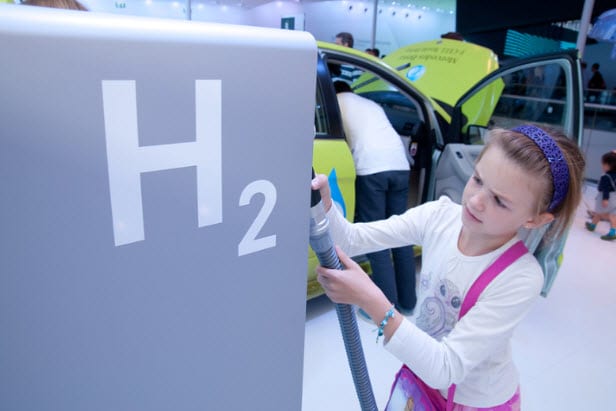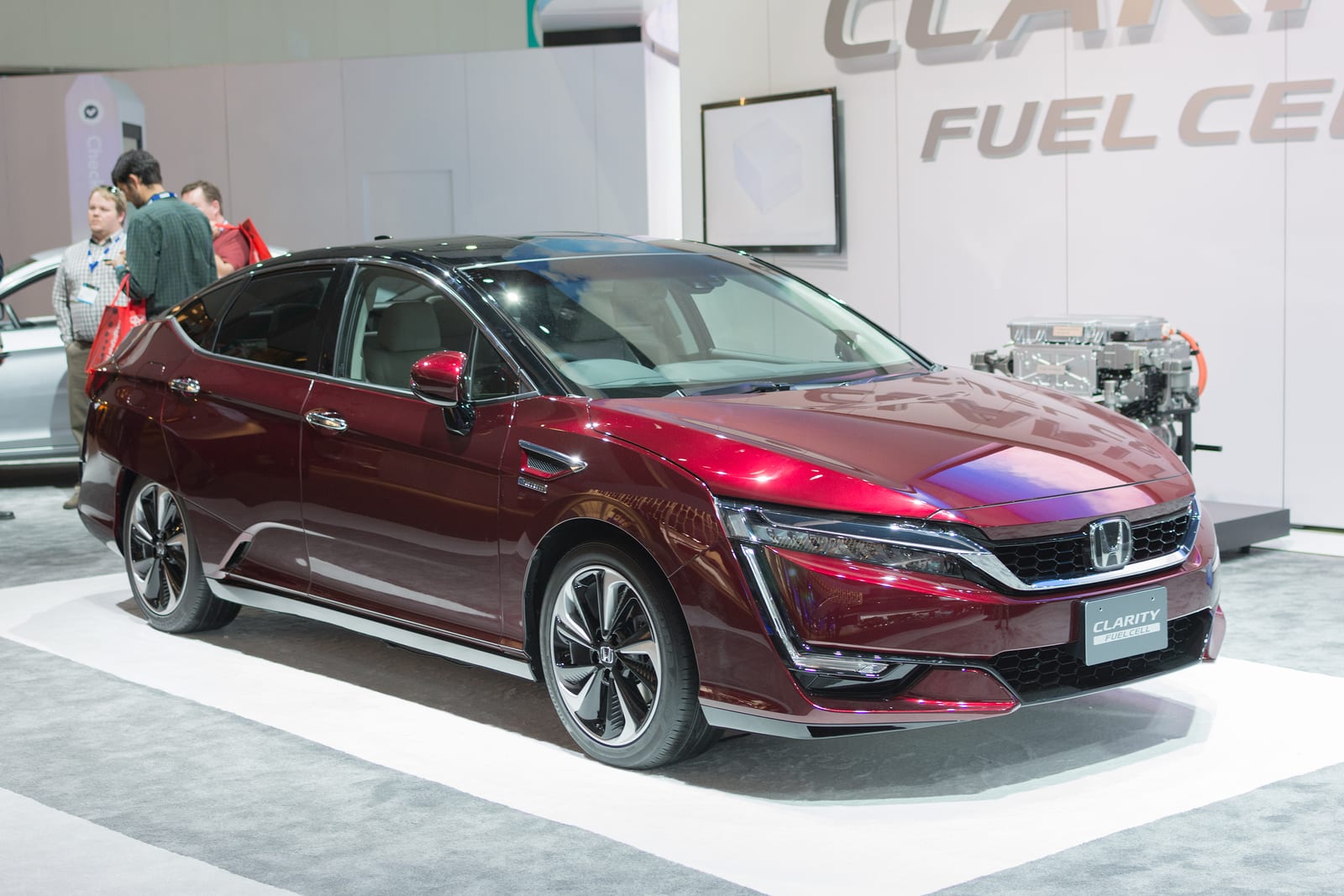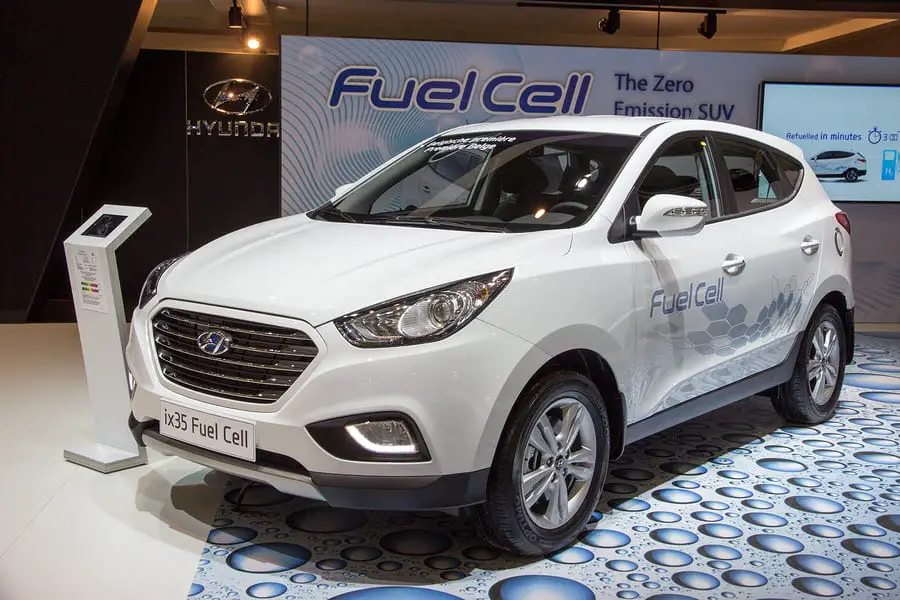
Europe leads the way in establishing a comprehensive hydrogen infrastructure
December 21, 2016Hydrogen infrastructure in Europe is growing quickly
Europe is leading the way in the development of new hydrogen fuel stations, but it is lagging behind the United States in the sale of fuel cell vehicles. The European Alternative Fuels Observatory notes that Europe’s hydrogen market is growing at a healthy rate. Currently, 75 hydrogen stations are in operation throughout the region, more than double what can be found in the U.S. The United Kingdom, Denmark, France, Germany, and the Netherlands currently have the most hydrogen stations open to the public.
Automakers are bringing their fuel cell vehicles to the region, but sales are lagging
Despite Europe’s rapidly growing hydrogen infrastructure, consumers have shown only modest interest in fuel cell vehicles. Toyota recently launched its Mirai in Europe, following Hyundai, and Honda plans to bring its new fuel cell vehicle to the region at the beginning of next year. The automakers have predicted that sales will remain small, but will see a modest increase as new vehicle models become available to consumers interested in clean transportation.
Several countries are investing heavily in clean transportation
Germany is currently home to the largest fuel cell vehicle market in Europe. The country accounts for nearly 30% of all fuel cell vehicles being registered in the region. Denmark follows closely behind, but has a faster growing hydrogen infrastructure. The Netherlands is considered one of the most attractive markets for fuel cell vehicles due to its very aggressive clean transportation policies, which have effectively incentivized the purchase of zero-emission cars. In terms of commercial fuel cell vehicles, France leads the way in sales, serving as home to 92% of all commercial fuel cell vehicle registrations in Europe.
Expansion of the hydrogen infrastructure will make fuel cell vehicles more attractive
As Europe’s hydrogen infrastructure continues to expand, fuel cell vehicles will likely become more popular to consumers. Several countries have committed themselves to promote clean transportation in the coming years in an effort to become more environmentally friendly and reduce reliance on fossil-fuels. Several automakers have expressed faith in European markets, largely due to government programs that have supported the growth of clean transportation.



 With over 15 years of reporting hydrogen news, we are your premier source for the latest updates and insights in hydrogen and renewable energy.
With over 15 years of reporting hydrogen news, we are your premier source for the latest updates and insights in hydrogen and renewable energy.